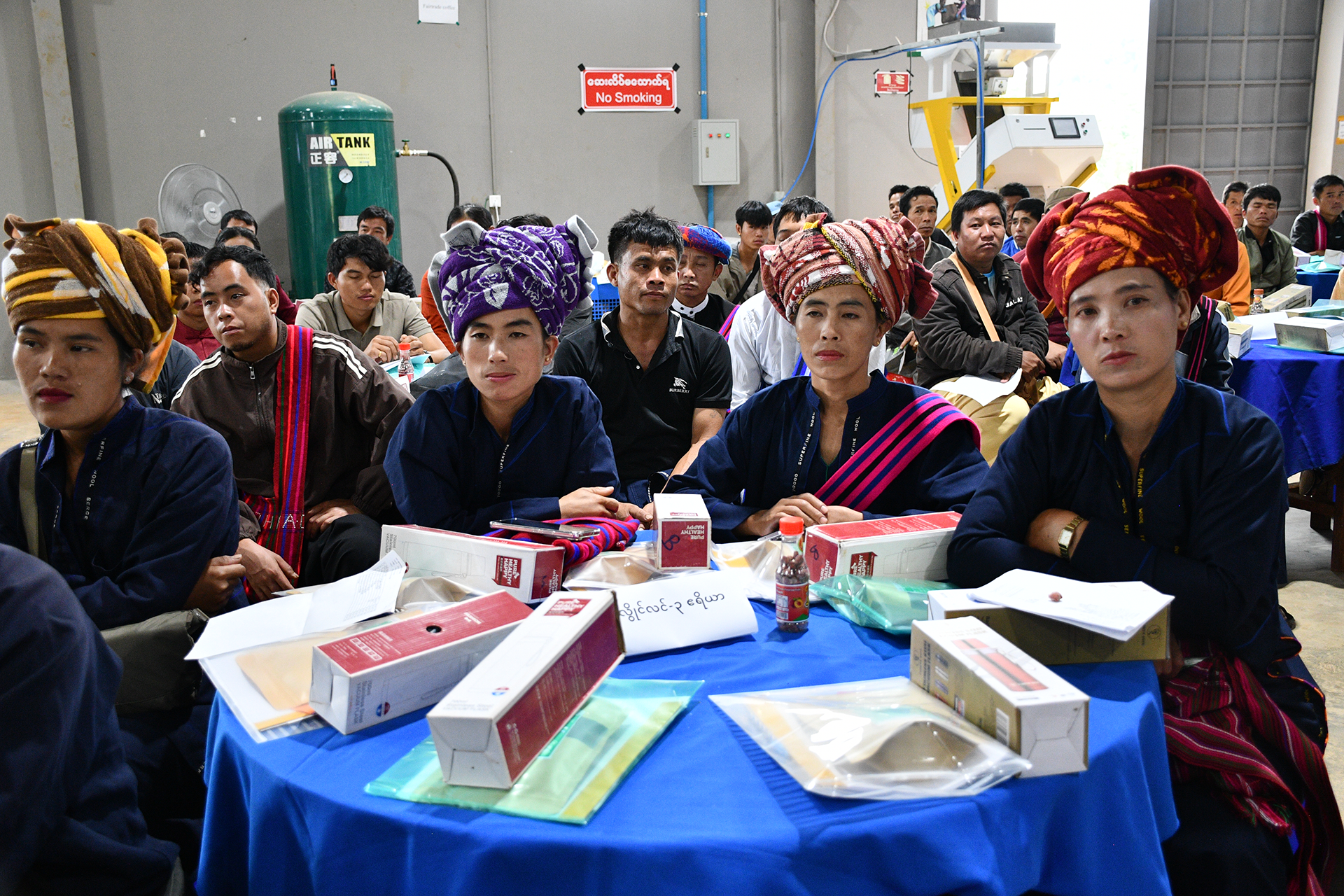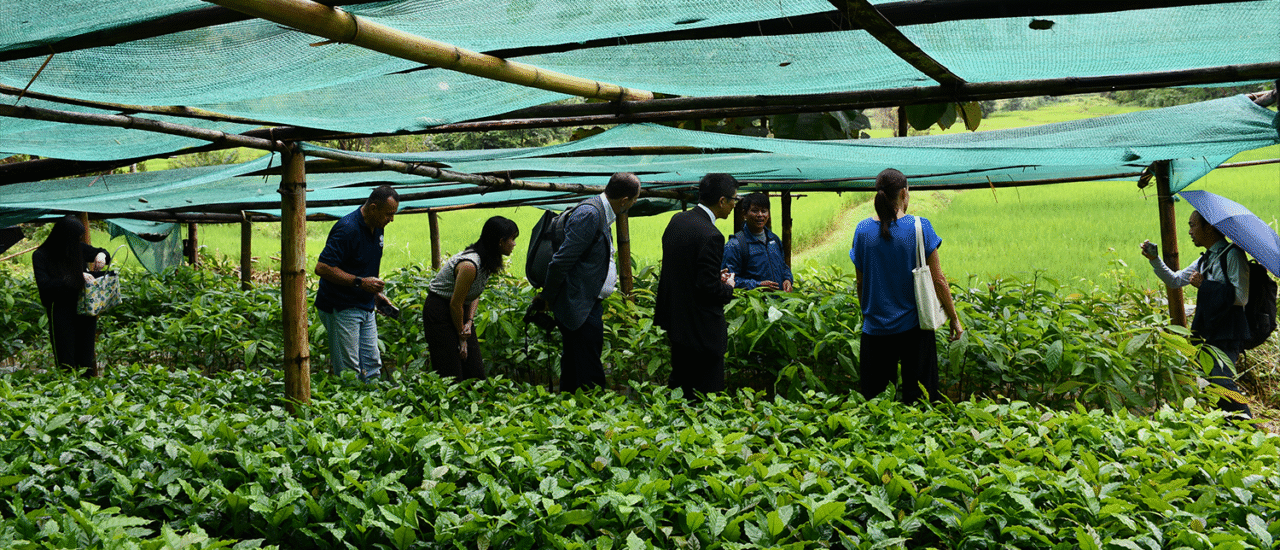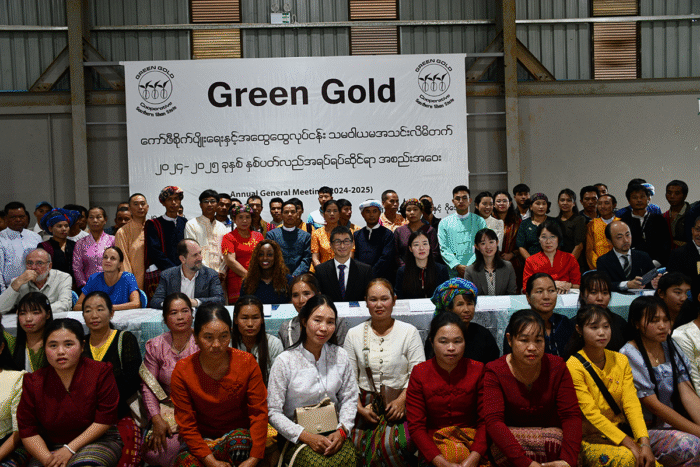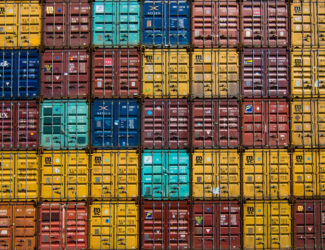
From Opium to Coffee: The Story of Myanmar’s Farmer Transformation
Hopong, Myanmar – Qahwa World
In a landmark moment for sustainable development in Myanmar, the Green Gold Cooperative (GGC) has inaugurated its central coffee processing plant in southern Shan State, marking a significant shift for communities that historically relied on opium poppy cultivation.
The facility reflects a decade-long journey during which farmers have transitioned from planting their first coffee seeds to managing a fully autonomous and self-sustaining production process, demonstrating that legal and sustainable livelihoods are achievable even in areas long affected by opium cultivation.
From Poppy Fields to Sustainable Coffee
Myanmar remains the world’s leading producer of illicit opium, generating an estimated USD 518 million annually in rural areas characterized by poverty and insecurity. For over 30 years, Alternative Development programmes have supported communities in replacing illicit crops with sustainable alternatives.
GGC exemplifies this effort. Since 2015, when 530 farmers replaced opium with coffee, the cooperative has grown to include more than 1,000 producers across 48 village committees. Its mission extends beyond improving livelihoods, aiming to establish a sustainable, community-owned business.
In 2019, GGC became Myanmar’s first Fairtrade-certified coffee producers’ organization, allowing farmers to invest Fairtrade premiums in social projects and production improvements. These funds also enabled the purchase of the land where the new processing plant now stands.

A Modern Facility for Production and Quality
Construction began three years ago with support from Switzerland, enabling GGC to process green coffee beans locally. The final phase, completed with support from the Government of Japan, added office space, roasting and packaging areas, and a fully equipped laboratory for coffee quality analysis.
The new facility allows GGC to process, roast, and package coffee independently, reducing reliance on third parties and unlocking new market opportunities. It also provides a modern space for training, innovation, and quality control, strengthening the cooperative’s competitiveness in international markets.
“This achievement reflects the communities’ commitment to creating real alternatives to illicit economies,” said UNODC Country Manager Yatta Dakowah. “It is a clear example of how sustainable livelihoods can replace poppy cultivation when farmers are empowered and supported.”
Between 2018 and 2024, GGC exported over 1,000 tons of green coffee, generating USD 5.48 million in income and earning recognition as a symbol of quality, sustainability, and inclusion.

Celebrating Partnership and Progress
On 25 September 2025, over 250 participants attended GGC’s annual general assembly and the inauguration ceremony. The event brought together farmers, government representatives, and international partners, including delegates from Finland and Italy, representatives of JICA, and Shogo Yoshitake, Chargé d’Affaires of the Embassy of Japan in Yangon, who symbolically handed over the key to the new facility.
Elina Korhonen, Deputy Head of Mission and Head of Cooperation at the Embassy of Finland, praised GGC’s inclusive governance, noting its gender-balanced board and encouraging further participation of women in leadership roles.
The inauguration underscores how collaborative initiatives and sustainable development projects can transform communities historically dependent on illicit economies into models of legal, community-driven prosperity in Myanmar.






